Filter by

Literature and Medicine in the Nineteenth-Century Periodical Press : Blackwoo…
In the early nineteenth century, Edinburgh was the leading centre of medical education and research in Britain. It also laid claim to a thriving periodical culture, which served as a significant medium for the dissemination and exchange of medical and literary ideas throughout Britain, the colonies, and beyond. Literature and Medicine in the Nineteenth-Century Periodical Press explores the rela…
- Edition
- -
- ISBN/ISSN
- 9781474405614
- Collation
- 256 halaman
- Series Title
- Edinburgh Critical Studies in Romanticism
- Call Number
- 800 COY l
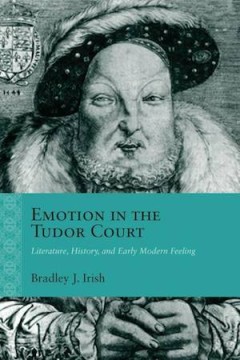
Emotion in the Tudor Court : Literature, History, and Early Modern Feeling
Uniting literary analysis, theories of emotion from the sciences and humanities, and a deeply archival account of Tudor history, Irish freshly examines how literature reflects and constructs the dynamics of emotional life in the Renaissance courtly sphere. Spanning the 16th century, this study argues that the dynamics of disgust, envy, rejection, and dread, as they are currently theorized in th…
- Edition
- -
- ISBN/ISSN
- 9780810136403
- Collation
- -
- Series Title
- Rethinking the Early Modern
- Call Number
- 800 IRI e
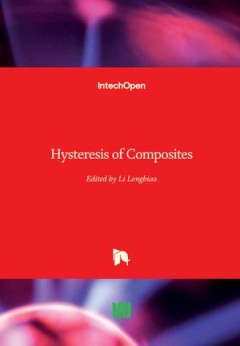
Writing the Reader: Configurations of a Cultural Practice in the English Novel
The history of the novel is also a history of shifting views of the value of novel reading. This study investigates how novels themselves participate in this development by featuring reading as a multidimensional cultural practice. English novels about obsessive reading, written in times of medial transition, serve as test cases for a model that brings together analyses of form and content.
- Edition
- -
- ISBN/ISSN
- 9783110307634
- Collation
- -
- Series Title
- -
- Call Number
- -
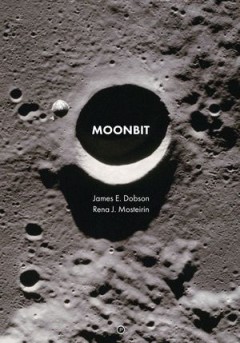
Strange Science: Investigating the Limits of Knowledge in the Victorian Age
Strange Science: Investigating the Limits of Knowledge in the Victorian Age is an unprecedented collection that examines marginal, fringe, and unconventional forms of scientific inquiry, as well as their cultural representations in the Victorian period. Although now relegated to the category of the pseudoscientific, fields like mesmerism and psychical research captured the imagination of the Vi…
- Edition
- -
- ISBN/ISSN
- 9780472130177
- Collation
- -
- Series Title
- -
- Call Number
- -
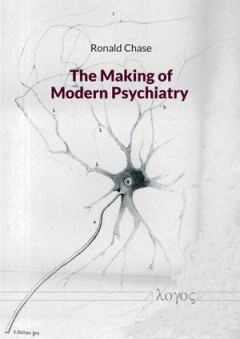
Shipwrecked: Disaster and Transformation in Homer, Shakespeare, Defoe, and th…
This book presents the first comparative study of notable literary shipwrecks from the past four thousand years, focusing on Homer’s Odyssey, Shakespeare’s The Tempest, and Defoe’s Robinson Crusoe. James V. Morrison considers the historical context as well as the “triggers” (such as the 1609 Bermuda shipwreck) that inspired some of these works, and modern responses such as novels (Gol…
- Edition
- -
- ISBN/ISSN
- 9780472119202
- Collation
- -
- Series Title
- -
- Call Number
- -
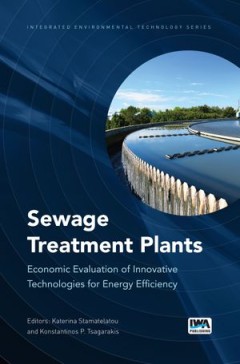
Predicting the Past: The Paradoxes of American Literary History
Drawing from the social theories of Niklas Luhmann and Mary Douglas, Predicting the Past advocates a reflexive understanding of the paradoxical institutional dynamic of American literary history as a professional discipline and field of study. Contrary to most disciplinary accounts, Michael Boyden resists the utopian impulse to offer supposedly definitive solutions for the legitimation crises b…
- Edition
- -
- ISBN/ISSN
- 9789461664310
- Collation
- -
- Series Title
- -
- Call Number
- -
 Computer Science, Information & General Works
Computer Science, Information & General Works  Philosophy & Psychology
Philosophy & Psychology  Religion
Religion  Social Sciences
Social Sciences  Language
Language  Pure Science
Pure Science  Applied Sciences
Applied Sciences  Art & Recreation
Art & Recreation  Literature
Literature  History & Geography
History & Geography